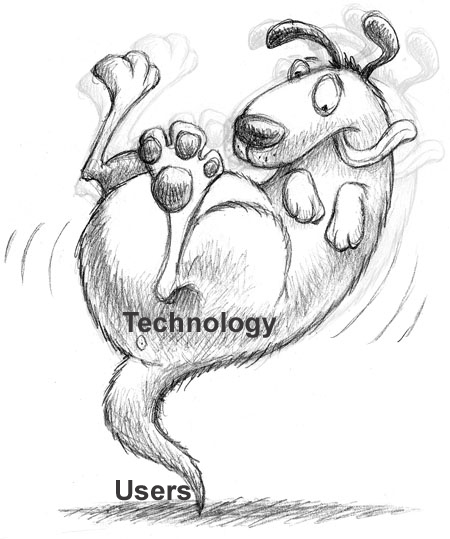
Should we be amazed anymore at how fast digital is moving? Honestly no. But what should we be thinking about as we watch it go by? When I was a kid and I would see a train go by, I always wanted to be on that train. I didn’t really care where it was going, I just wanted to be on it. With a little foresight and hindsight you can be on that train that we’re calling digital right now-and know where it came from and where it’s going. We sort of know where it came from, but here’s 4 stops on that journey.
- Figure out Big Data- Mark it down. Big data is going to be big business. It makes sense though, you have these large organizations collecting terabytes of customer data but not knowing how or what to do with it. Enter the age of Big Data and marketers finally doing something with that data.. IDC predicts that the market for Big Data technology and services will reach $16.9 billion by 2015 up from $3.2 billion in 2010.
- Focus on the Customer. If you think you’re doing enough with your customers, then chances are, you are not. Some recent Accenture research reveals that retailers can respond with mobile capabilities designed to create value for both customers and themselves if they understand who is shopping in their stores, how they shop, and how mobile influences their shopping behaviors.
- Go Get a Tablet– It’s hard to ignore the mobile and tablet markets. If you don’t own a tablet, you probably have it on your wish list of things to get. That’s a good decision. Why? It’s where your customers, clients and colleagues are going. Need the data to prove it? After less than two years, U.S. mobile subscribers were using almost 40 million tablets, according to ComScore. In contrast, it took smartphones seven years to reach that level of adoption.
- Twitter ain’t going anywhere-From cars that tweet, to marketers figuring out newfound ways to leverage the power of microblogging and actually driving awareness and making money-Twitter is hitting some good times. Need more proof? Twitter didn’t buy Posterous just to spend money and collect a toy. They have plans. Big one’s.
We could have added more, but the point here is not to inundate you with all the things that occur every day in the tech world, it’s too much and can be overwhelming. The point is to help you focus on the areas that continue to mature and evolve-For marketers large and small, we need to learn how can we adapt and adopt to things that will be around in 6 months to a year. We have to get away from our fixation on the new and shiny and focus on the smart and profitable.


